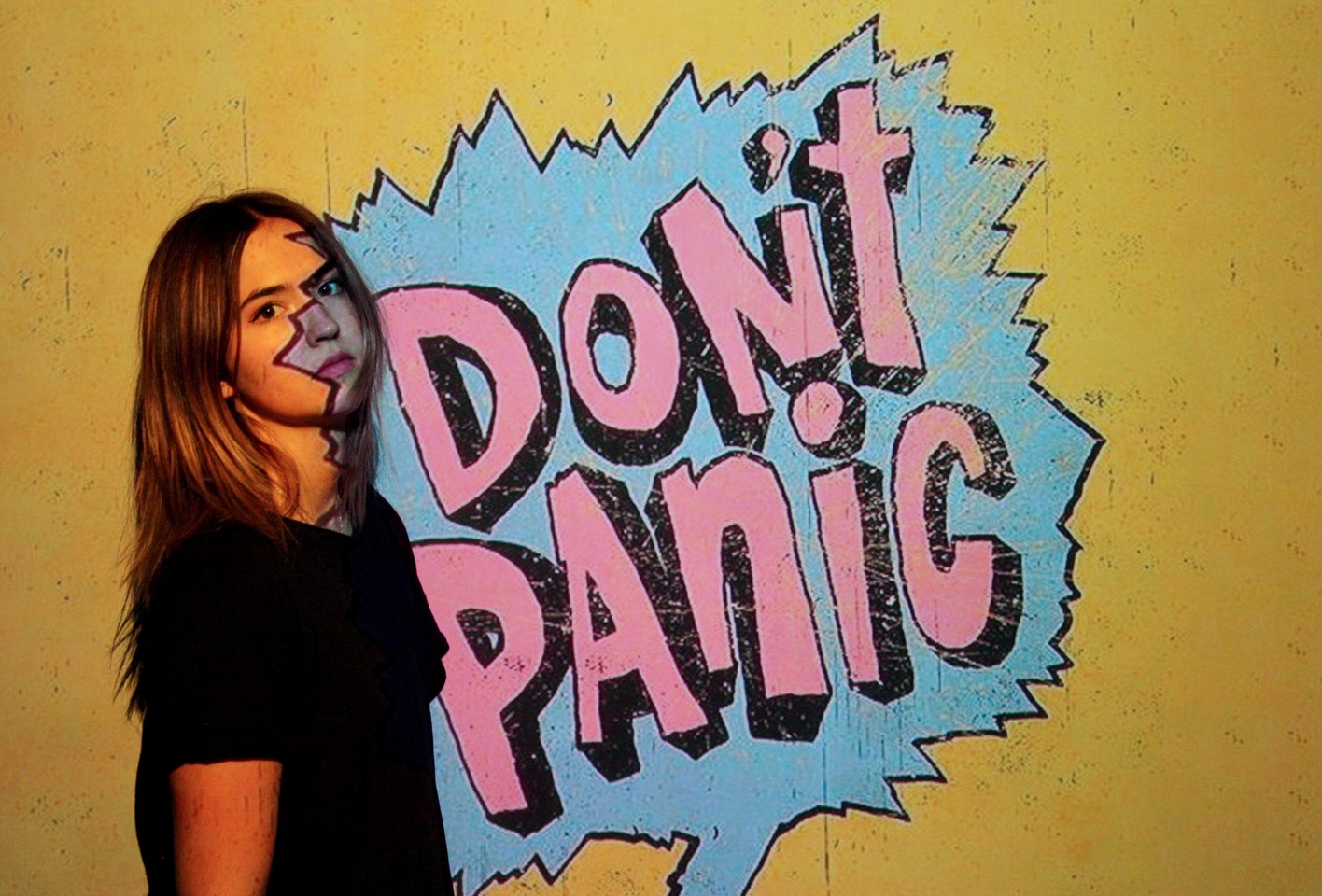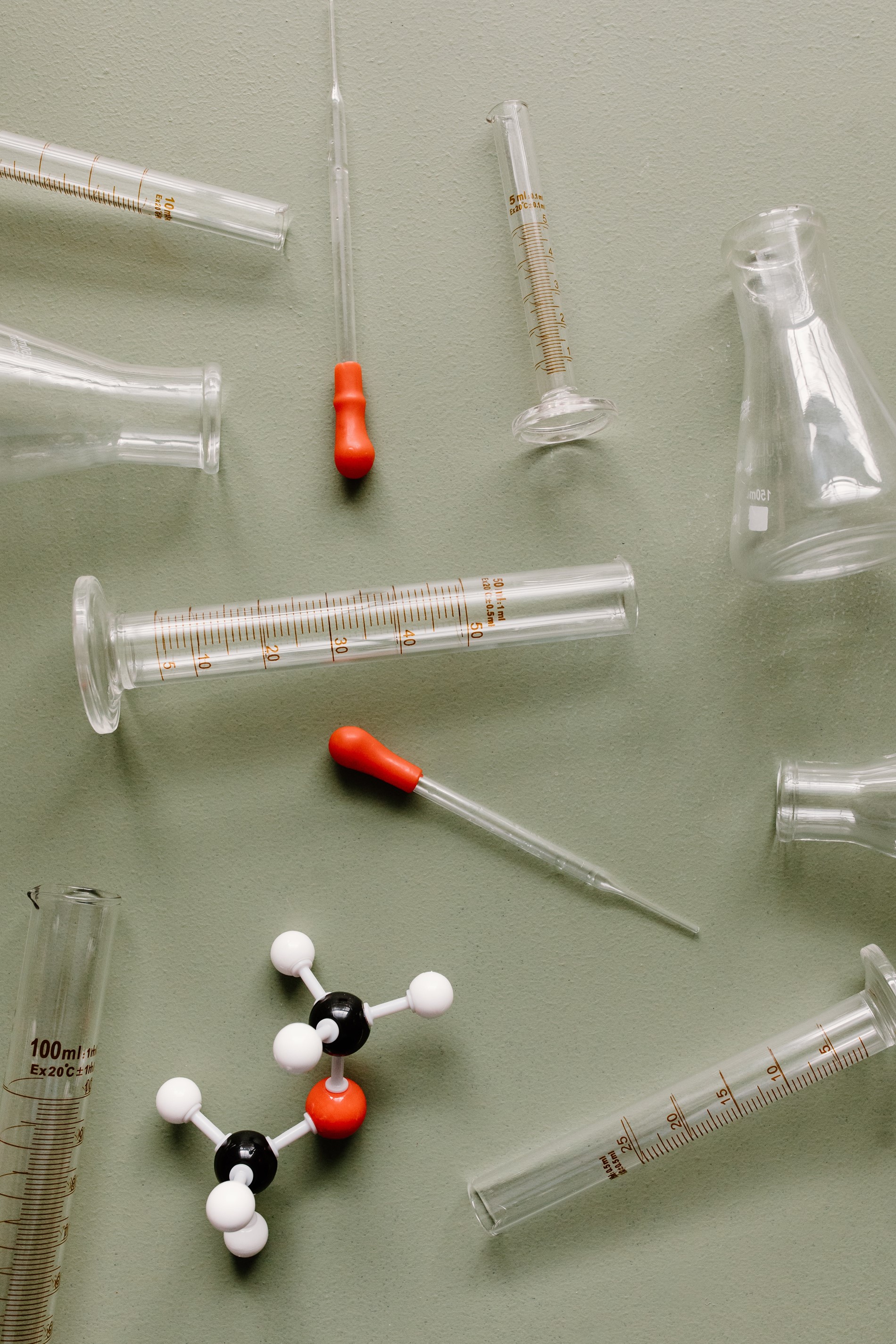'New’ HIV Variant: No Need To Panic, but a Reminder to Test and Treat
At the start of February 2022, an international team of researchers published their discovery of a variant of HIV that has been circulating mostly in the Netherlands (with single cases found in Switzerland and Belgium).
Although the study was the first to identify the variant, the variant is not new; researchers estimated it originated in the 1990s. The variant researchers called VB (virulent subtype B) was in circulation in the 2000s, and its distribution has been possibly declining since about 2010.
While the VB variant may be more damaging to one’s immune system and can be easier to transmit, it responds to commonly used treatments very well.
The variant was in circulation in the 2000s, and its distribution has been possibly declining since about 2010.
HIV damages the immune system primarily by attacking and reducing the number of CD4 cells in the blood. The researchers have found that the VB variant reduces the CD4 cell counts faster than other variants. As the CD4 cell counts decline quickly, the condition of a person with the VB variant who is not on treatment may progress to AIDS diagnosis within two to three years, whereas it would typically take an average of six to seven years among people with other variants who are not on treatment.
What is more, the researchers have found that people with the VB variant had higher pre-treatment viral loads compared to people with other HIV variants. ‘Viral load’ is the concentration of viral particles in the blood, and, in general, higher viral loads mean that HIV is more easily transmitted.


What is very important to note is that the study clearly showed that HIV treatment was just as effective for the VB variant as for other variants of HIV. Antiretroviral therapy for HIV can suppress the virus to undetectable levels so that CD4 cell counts can recover and the damage to the immune system can be prevented and reversed.
Research has now shown that when people living with HIV maintain an undetectable viral load, they cannot transmit HIV sexually (something that we also call ‘undetectable=untransmittable’, or U=U). The study also showed that after starting treatment, people with the VB variant had no difference in CD4 cell counts compared to people with other variants who were also on treatment.
While this new study does not raise any serious concerns for Aotearoa or other countries with good access to HIV treatments, it highlights the importance of regular testing and starting treatment early.
Testing regularly ensures that if you do acquire HIV, you can receive the diagnosis early and start treatment without delay. Starting treatment for HIV as soon as possible is the best thing you can do for your health. Antiretroviral treatments drop the viral load levels down and prevent the damage to the immune system, meaning people living with HIV can live long and healthy lives.
While this new study does not raise any serious concerns for Aotearoa or other countries with good access to HIV treatments, it highlights the importance of regular testing and starting treatment early.


